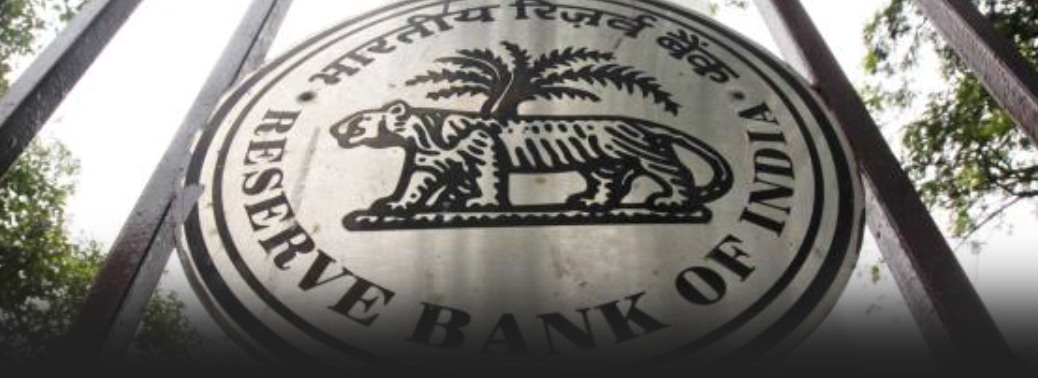Supreme Court Gives RBI ‘Last Chance’ to Alter
27, Apr 2019

Prelims level : Economics
Mains level : GS-III Technology, Economic Development, Bio diversity, Environment, Security and Disaster Management
Why in News?
- Supreme Court gave one “last opportunity” to the Central bank to disclose its annual inspection reports of private banks and financial institutions along with the list of loan defaulters and non- performing assets (NPAs) under the Right to Information (RTI)
Details:
- It has also directed the RBI bank to review its policy to disclose information relating to banksunder RTI, saying, “It is duty-bound under the law”.
- The top court rejected the RBI’s stand that it is not bound to disclose the details and held that by its failure to disclose the information the RBI committed contempt of court for violating the 2015 judgment in which it had said that the RBI is supposed to uphold public interest and not the interest of individual banks
No Fiduiciary ties
- The RBI is clearly not in any fiduciary relationship with any The RBI has no legal duty to maximise the benefit of any public sector or private sector bank. There is no relationship of ‘trust’ between them. The RBI has a statutory duty to uphold the interest of the public at large, the depositors, the country’s economy and the banking sector,
- The Supreme Court said the RBI cannot deny information under the transparency law unless the material is exempted from disclosure under the law.
- The Central Information Commission (CIC) had also issued a similar direction over the RBI withholding information related to
- The Supreme Court agreed that the economy could be harmed if information is prematurely released on matters of national economic interest, currency or exchange rates, interest rates, taxes, the regulation or supervision of banking, insurance and other financial institutions and proposals for expenditure or borrowing and foreign However, lower-level economic and financial information like contracts and departmental budgets should not be withheld under this exemption, the court said.
An impact on financial stability
- “Banks hold deposits on demand. This kind of information, if it goes out in the public domain, will have an impact on financial The RBI has been arguing that this is a matter of confidentiality between the central bank and other entities and section 28 of the RBI Act allows them to disclose only confidential rather than individual information,” said a former RBI official.
What is Non-Performing Asset (NPA)
- A nonperforming asset (NPA) refers to a classification for loans or advances that are in default or are in arrears on scheduled payments of principal or In most cases, debt is classified as nonperforming when loan payments have not been made for a period of 90 days. While 90 days of nonpayment is the standard, the amount of elapsed time may be shorter or longer depending on the terms and conditions of each loan.
What are Insolvency and Bankruptcy?
- Insolvency is the situation where the debtor is not in a position to pay back the For a corporate firm, the signs of this could be a slow-down in sales, missing of payment deadlines etc. Bankruptcy is the legal declaration of Insolvency. So the former is a financialcondition and latter is a legal position. All insolvencies need not lead to bankruptcy. The new code has a sequential procedure of Insolvency resolution, failing which, it leads to Bankruptcy (following liquidation of assets).






